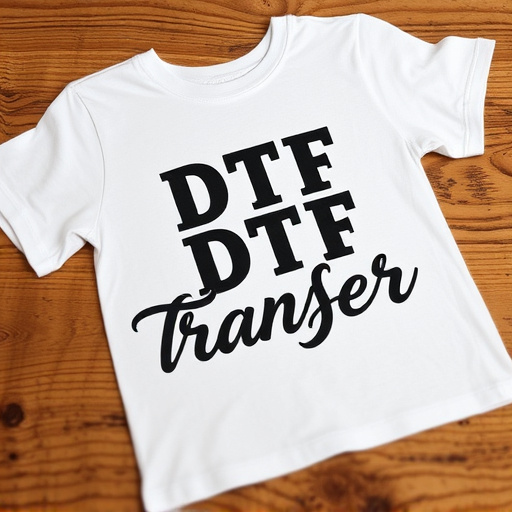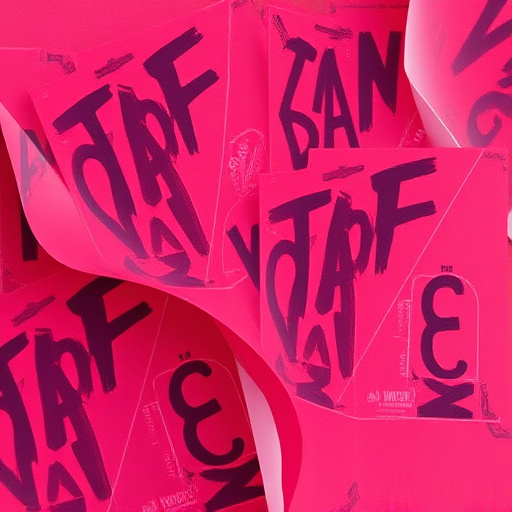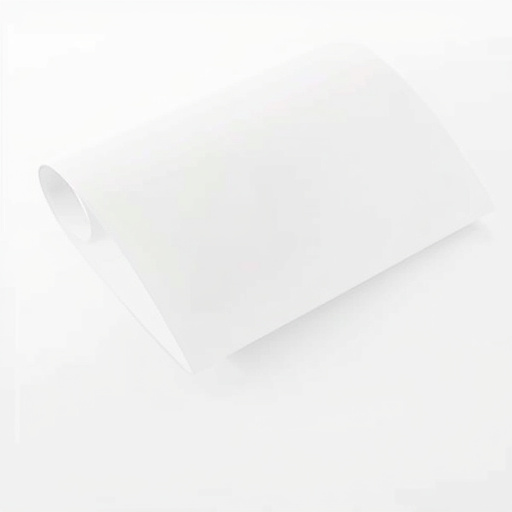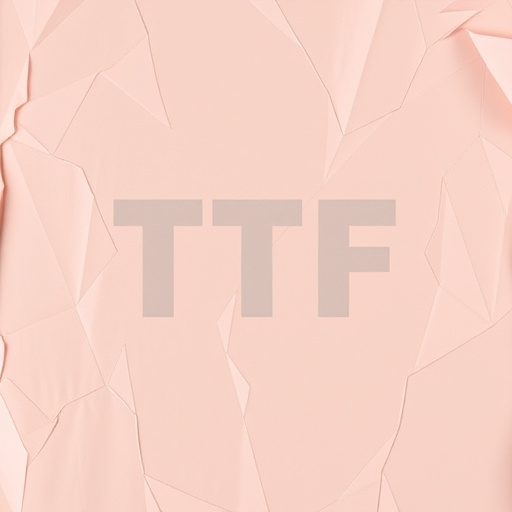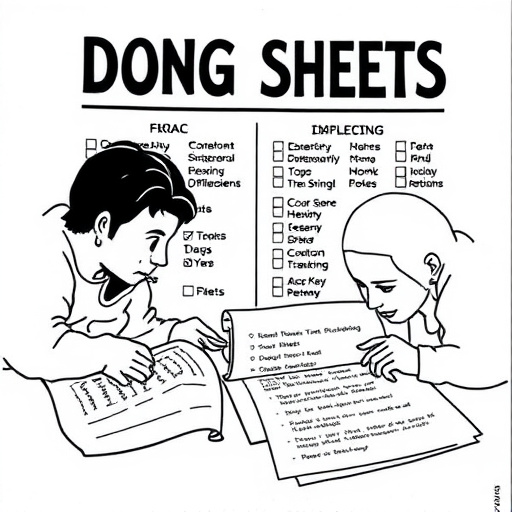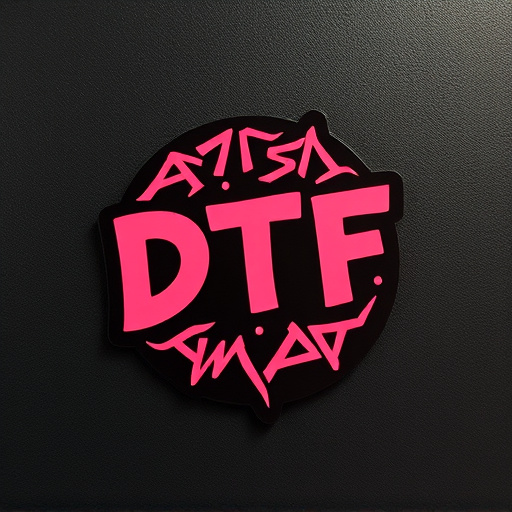DTF Printed Shirts offer a sustainable and eco-conscious alternative in clothing production, avoiding harmful chemicals and energy-intensive processes. They use water-based, non-toxic inks on organic materials like cotton or linen, minimizing agricultural pollution and preserving natural resources. This method reduces waste, water and energy consumption, carbon emissions, and textile waste while unlocking versatile design potential for custom, high-quality artwork.
“Discover the environmental benefits of Digital Direct to Fabric (DTF) printing for shirts. This innovative technique offers a greener alternative in the apparel industry, ensuring sustainable material choices and minimizing waste. With DTF, you can achieve versatile designs without the usual environmental drawbacks. Our article explores how this process reduces pollution, from its eco-conscious approach to the vast design possibilities, making it a top choice for conscious consumers seeking stylish, sustainable clothing options.”
- Sustainable Material Choices: DTF's Eco-Conscious Approach
- Reduced Environmental Impact: Minimizing Waste and Pollution
- Versatile Design Possibilities: Printing Without Boundaries
Sustainable Material Choices: DTF's Eco-Conscious Approach

DTF (Direct to Fabric) printed shirts offer a sustainable and eco-conscious approach to clothing production, making them an attractive option for environmentally aware consumers and businesses. Unlike traditional printing methods that rely on harmful chemicals and energy-intensive processes, DTF technology utilizes a direct printing technique onto the fabric surface, significantly reducing the environmental impact.
The use of DTF in shirt production begins with selecting sustainable materials. This includes choosing organic fabrics like cotton or linen, which are grown without synthetic pesticides and fertilizers, thereby minimizing agricultural pollution. Additionally, DTF transfers can be designed to be water-based, using non-toxic inks that are gentler on the environment compared to conventional printing methods. This eco-friendly approach not only ensures better air quality but also contributes to preserving natural resources for future generations.
Reduced Environmental Impact: Minimizing Waste and Pollution

DTF (Direct-to-Fabric) printed shirts offer a significant environmental advantage by minimizing waste and pollution compared to traditional printing methods. The process involves applying ink directly onto the fabric, eliminating the need for intermediate materials and reducing the amount of water and energy required. This not only lowers carbon emissions but also minimizes textile waste, as DTF printing uses exactly the right amount of ink needed for each shirt.
Unlike other custom t-shirt printing methods that can leave behind harmful chemicals and dyes, DTF for Custom graphic tees is an eco-friendly alternative. The modern printing techniques ensure that inks are safe and non-toxic, reducing pollution and preserving water sources. By adopting DTF printing, businesses and individuals contribute to a more sustainable fashion industry, creating custom t shirts without leaving a negative footprint.
Versatile Design Possibilities: Printing Without Boundaries

DTF (Direct-to-Fabric) printed shirts offer a realm of versatile design possibilities that are practically boundless. This innovative printing technique allows for intricate and detailed designs, with no restrictions on where and how the artwork is applied. Unlike traditional printing methods that often limit designs to specific areas or require additional steps for more complex patterns, DTF printing embraces the fabric’s entire surface. Artists and designers can create stunning custom DTF transfers that seamlessly integrate into the shirt’s fabric, resulting in vibrant, high-quality visuals.
This freedom of expression is particularly appealing for those seeking unique and personalized custom t shirts. Whether it’s a subtle graphic or an eye-catching statement piece, DTF printing enables the creation of one-of-a-kind garments. The method is not confined to specific shirt styles either; it can be used on various fabrics and cutaways, ensuring that every design can be tailored to suit different preferences and occasions.
DTF (Direct to Fabric) printed shirts offer a compelling blend of sustainability, minimal environmental impact, and boundless design potential. By leveraging eco-friendly material choices and innovative printing techniques, this method revolutionizes the apparel industry. With DTF, waste and pollution are significantly reduced, while the ability to create unique and personalized designs without limitations ensures a vibrant and sustainable future for fashion. Embracing DTF Printed Shirts is not just a trend; it’s a step towards a greener, more creative world.
